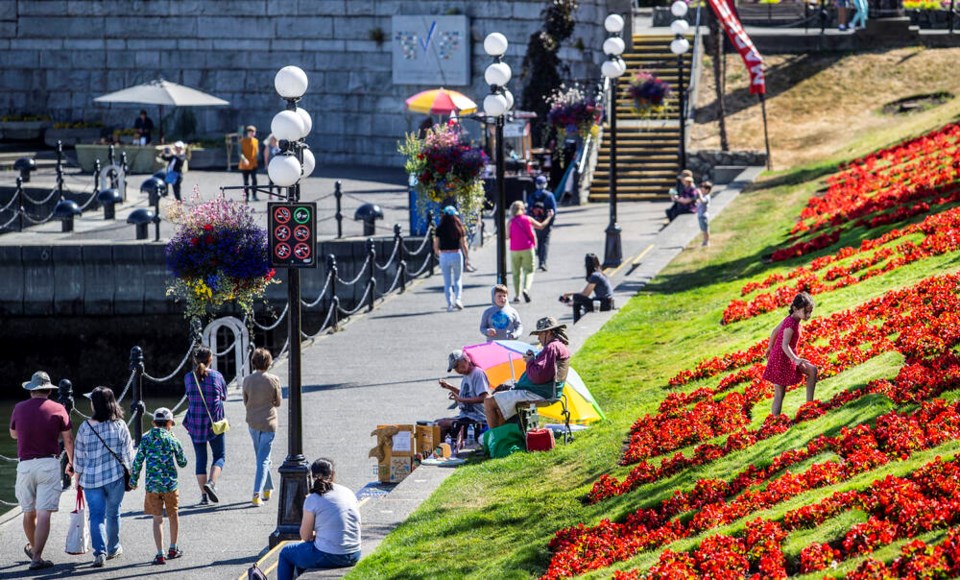A commentary by the CEO of Destination Greater Victoria.
In a few weeks, B.C.’s new Short-Term Rental Accommodation Act will come into effect. I have heard many opinions since the legislation was announced in October, and taken each into account.
Let me assure you that restrictions on short-term vacation rentals will not create a tourism crisis.
The legislation is focused on real estate investors and what we in the business call “shadow hotels,” where much of a building or neighbourhood becomes focused on short-term vacation rentals.
This is something we are seeing in downtown areas such as Lower Johnson, Chinatown, and Old Town, as well as suburban areas where there is a resort feel.
For the long-term health of the visitor economy, Destination Greater Victoria supports this legislation.
The shortage of available, affordable homes in Greater Victoria affects people of any age in every industry, including those working in hospitality. As the official tourism board, we support a visitor economy that is aligned with community values.
Our research shows more than 90 per cent of Greater Victoria residents support the visitor economy.
They understand the benefits — major tourism employers pay taxes and provide well-paying jobs; industry partners reinvest in sustainability initiatives that enhance this special place we call home.
We have worked to become a year-round $2.3 billion industry that supports small- and medium-sized businesses and are proud to have strong support from locals.
As another peak season approaches, the destination is doing very well, but there is a long way to go to recover fully from the pandemic.
Not all international markets have rebounded, and conference business remains at 80 per cent of 2019 levels. Hotel occupancy rates last year averaged 68 per cent.
At the height of summer travel in August 2023, hotel occupancy reached 86 per cent — something we worked exceptionally hard to achieve with targeted marketing to prop up what was shaping up to be a softer summer season.
While 86 per cent is a great statistic, it does not represent a sold-out city. In short, there’s plenty of room at the inn.
The accommodation sector can manage the volume of visitors coming to the region without short-term rentals.
Destination Greater Victoria is finalizing a 10-year destination master plan that aligns with community values and will help build a strategy to enhance the visitor economy and keep us competitive.
The master plan will include a forward-looking accommodations strategy. We aim to release the plan this summer, in time to inform upcoming official community plans.
Our pandemic recovery has been impressive, but there is no tourism crisis. Positive, constructive partnerships will stimulate competitive investments in a deliberate and planned way.
>>> To comment on this article, write a letter to the editor: [email protected]



